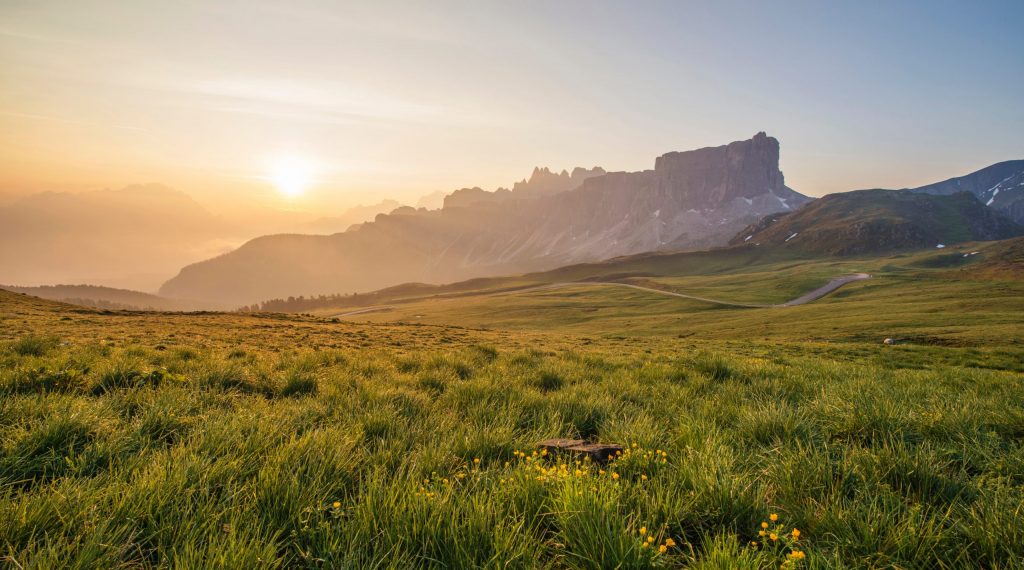
Public opinion and government policy is shifting towards demand for and enabling of nature restoration at a landscape scale and locally within communities. While many landowners, farmers and communities both rural and urban are sceptical or uninformed, many are welcoming the resurgence of life on their land, in their water routes and in their local areas.
Catchment area and districts thinking and planning across integrated and whole ecosystems, rather than the conservation of individual species is reinforced with evidence from a decade of rewilding trials, including urban initiatives. The benefits of restoring nature to the countryside and built-up areas are tangible and measurable, with scientific research, digitally-enabled monitoring and citizen science that demonstrate the value of ecosystem services and natural capital.
The blockages in exponential growth, as with all environmental issues requiring widespread behavioural transformation in the past, is not due to a lack of funding or technology but to people; changing the attitudes and behaviours of everyone to catalyse rapid transition.
The growing number and variety of rewilding projects in the UK and Europe is encouraging. However, particularly in the UK, we are a very long way from the scale required to lower greenhouse gas emissions and restore nature (aka biodiversity and biomass) and human health and wellbeing.
Embercombe’s belief is that the rewilding of people needs to be at the centre of habitat restoration and species recovery. As the challenges with local farmers affected by the Summit-to-Sea project and the cries for a cull of reinstated beavers and wild boar across the UK have shown, the engagement and education of key decision-makers and the public about the needs, benefits and methods of rewilding is crucial if scaling is to be immediate and effective.
But it's not just the decisions about how land is used that falls into this area of rewilding people, it's a full consideration of how we as people fit into the rewilding agenda. Does habitat restoration mean that the human species needs to remain outside the fence, or is there some way it can live in balance with the ecological system inside?
With the need to feed an increasing population and the multiple demands on our land, it is imperative that these questions are explored before the rewilding agenda can go much further. What is the role of the human being in our rewilded future? Where do we belong in a restored habitat and how can we be part of this regeneration effort? Here are a few tips on how you can bring rewilding into your life.
Feel more relaxed, sleep better and have less pain or fatigue by regularly walking barefoot, swimming in a natural body of water or sitting under a tree.
Socialising and contributing to group action not only makes you feel more confident about yourself, it has a positive effect on wellbeing too.
Leave an area of your lawn unmown and let nature move in or sow wild flowers in a flowerbed or flowerpot. Mix and match your plants and ditch the pesticides.
Improve your sensory awareness by placing a conscious focus on all your five senses and open the dusty pathways of your mind. Reduce the mental distractions that prevent you from hearing your inner guidance.
Push your edges. Find ways to expand awareness. Embrace the cold. Face your fears. Get comfortable being alone and quiet.
 Find out more
Find out moreTake a trip into into a world of wisdom

Join the Academy and learn from some of the best spiritual
and wellbeing teachers in the world
Join the Academy and learn from some of the best spiritual
and wellbeing teachers in the world